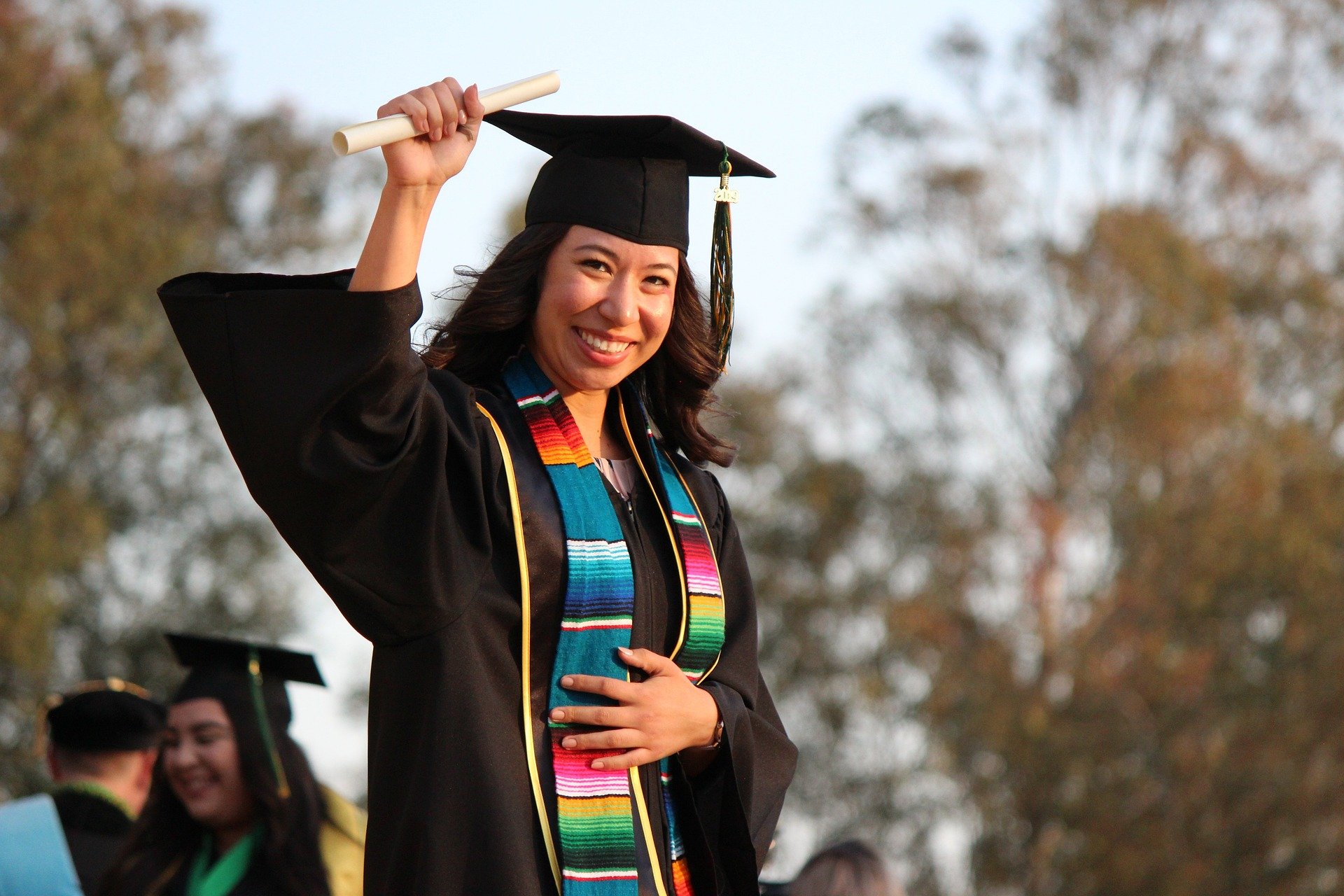New Frontiers
Develop the essential skills and habits that enable you to thrive in college and beyond.
College isn’t just about getting in—it’s about succeeding once you’re there.
In the New Frontiers stage, we focus on evaluating how well your chosen college matches your needs, including Mindset & Agency, and develop practical and effective strategies so you can succeed, both in college and after!
The transition to college brings new academic challenges, independence, and responsibilities. To thrive, students need to develop strong habits, strategies, and mindsets that help them navigate the college experience with confidence.
Success in college is less about intelligence, and more about your mindset and agency. The best-prepared students are those who enjoy cognitive activities, self-regulate and adapt their learning, are resilient, and manage their time and motivation.
1. Identifying Needs and Potential Challenges
Not every college environment will automatically provide the support a student needs. Success begins with recognizing gaps between what a college offers and what the student personally needs to thrive.
What mismatches are there between the type of school and your mindset and agency?
What learning strategies and academic expectations are you going to need to adapt?
What support systems do already have in place that will continue to be accessible to you in college?
What support services at the college are you most likely going to need?
Are there financial gaps you need to fill?
2. Developing a Personal Success Plan
Every student benefits from a plan that helps them adjust, seek support, and take charge of their learning. Key strategies include:
Help-Seeking Skills – Knowing when and how to access tutoring, advising, and mental health resources.
Social Confidence & Agency – Building healthy relationships, forming study groups, and engaging in campus life.
Self-Regulation – Managing time and motivation effectively, and balancing academics with personal well-being.
Self-Directed Learning – Taking ownership of your learning by setting goals, adapting learning strategies as needed, and actively engaging challenging learning experiences.
With the right strategies, every student can navigate their college journey successfully and lay the foundation for lifelong growth.



